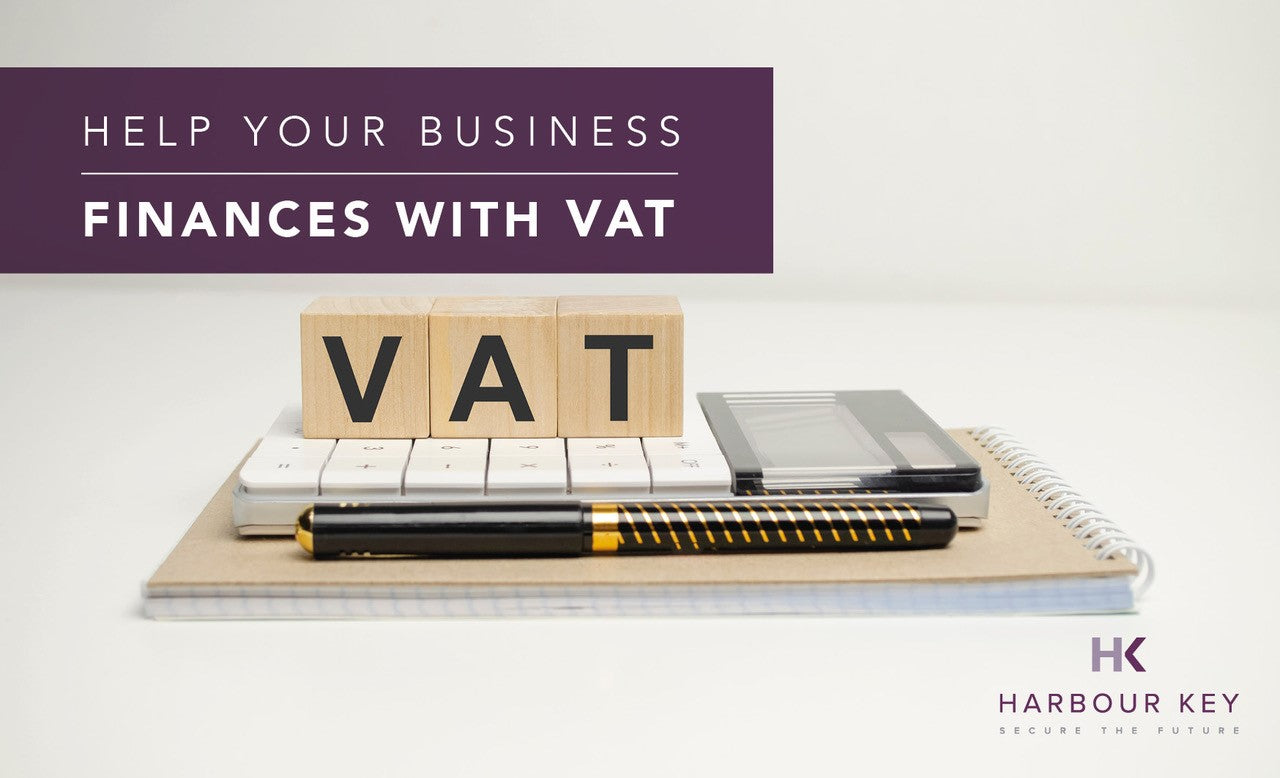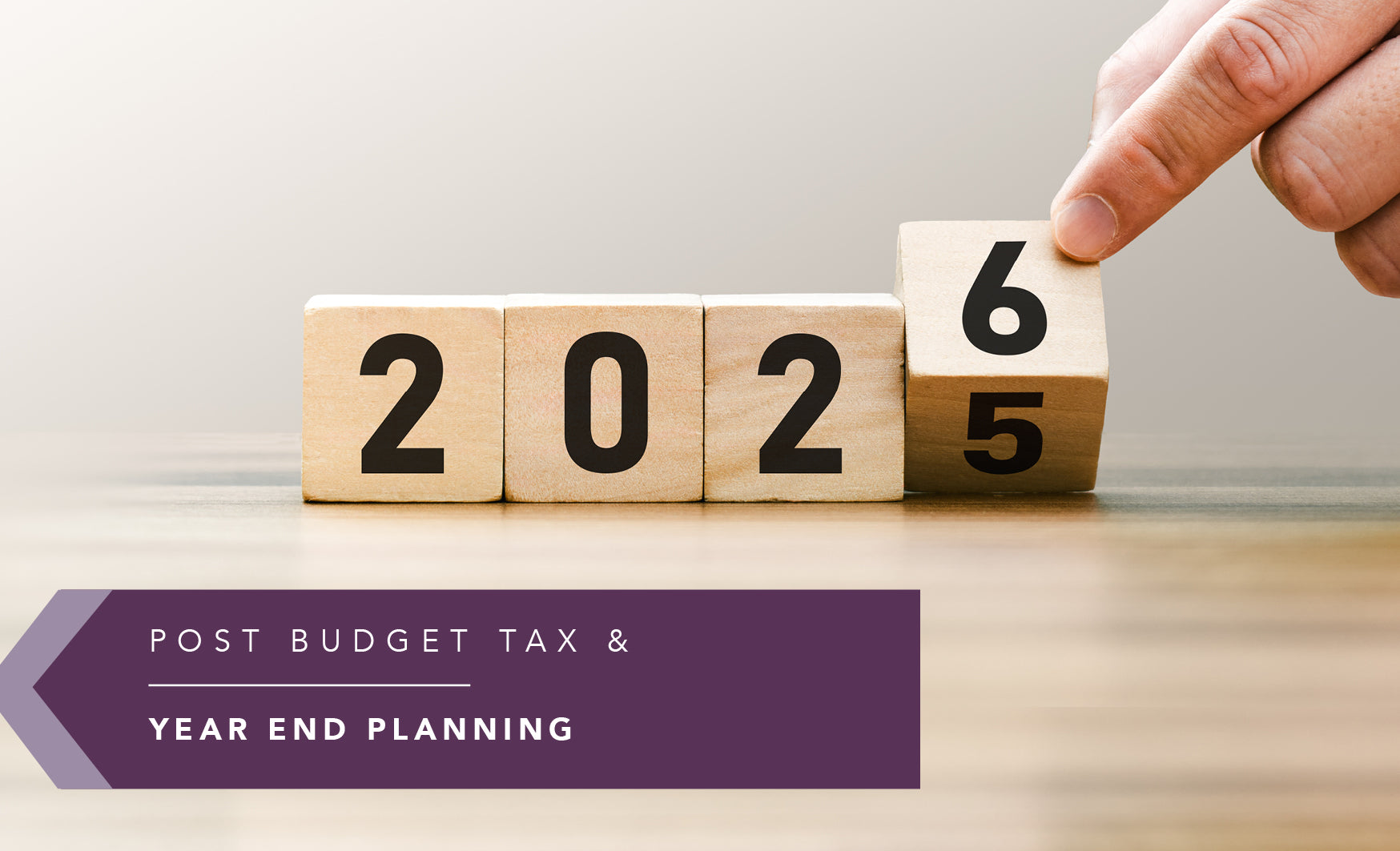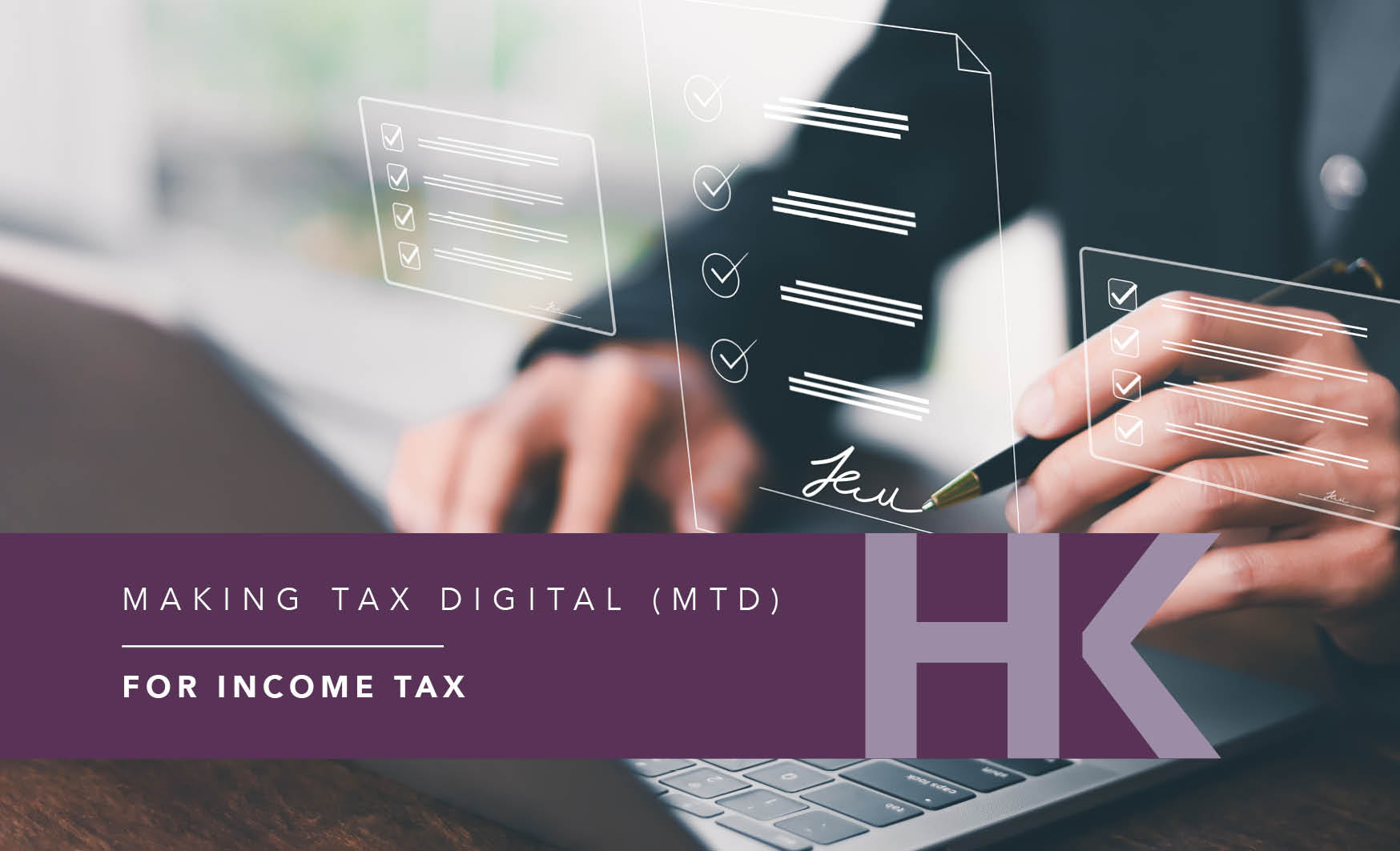
More than a quarter of UK small and medium-size enterprises (SMEs) are having trouble accessing finance from their banks, and borrowing will only get more difficult and restricted in the coming months.
While VAT is seen as an inconvenience by many SMEs, managing it correctly can bolster your liquidity position and aid cashflow.
Using the tax period to your advantage
Businesses that trade internationally or make zero-rated supplies often reclaim more VAT than they pay to the tax authorities. If this is the case, it makes sense to submit VAT returns as frequently as possible, so you get VAT refunds sooner.
In the UK, the standard tax period is a quarter, but businesses can request to switch to monthly returns. If your business is often in a position to receive a VAT refund, this would mean you receive the refund more quickly and get the cash back into your business.
This will mean more regular VAT administration but with a shorter period of time before receiving refunds.
Switching to cash accounting
The two most common VAT accounting methods are cash accounting and accrual accounting. With economic conditions worsening, it may be reasonable to consider switching to cash accounting, especially if your business gets paid very late or has a lot of bad debts. Cash accounting means paying the VAT when your sales invoices are paid, as opposed to when the invoice is raised.
Cash accounting gives you a clear overview of the cash you have available at any given time and can also improve short-term liquidity. If you use cash accounting and your customer owes you a large sum of money near the end of the tax period, you could ask them to postpone the payment until the next tax period begins, allowing you to use the funds for a longer period of time.
Cash accounting does not work for all businesses. It will not benefit businesses that are usually paid as soon as they make a sale, or regularly reclaim more VAT than they pay, or make continuous supplies of services.
Businesses can use cash accounting if their expected sales will not exceed £1.35m in the next 12 months, and they have a good compliance record. As soon as their actual turnover exceeds £1.6m, they must switch back to accrual accounting.
Timing invoices
Cash flow can be improved by carefully managing the time when sales invoices are issued. Businesses that use accrual accounting are generally required to pay VAT in the same tax period that they issue an invoice. If the customer does not pay the invoice in the period in which it is issued, the seller must use their own funds to settle the VAT liability.
Issuing invoices in a later tax period can help you avoid this. For example, if you pay your tax bill monthly and plan to issue an invoice at the end of January, it would make sense to postpone it until the beginning of February. Please note that you can’t postpone invoicing indefinitely! Normally, invoices must be issued within 30 days of the supply.
Making use of bad debt relief
Under the accrual basis, if the customer does not pay and a bad debt arises in a subsequent tax period, the business will either have to absorb that VAT as a real cost or be entitled to reclaim it under the so-called bad debt relief.
Countries take differing approaches to bad debt relief. Some do not offer it at all, but most countries do, recognising that businesses should not be required to pay tax in circumstances where they have not received the related revenue.
In the UK, a business can claim bad debt relief if it has written off the debt in its VAT accounts and at least six months have passed since the date the payment was due or the date of supply.
Recovering VAT
According to research, 54% of eligible VAT is left unrecovered by businesses. Often this happens because businesses do not understand the process to reclaim VAT.
Reviewing your accounts payable to check whether all eligible input VAT has been recovered is another way to make sure you are not leaving money on the table.
The rules on what can be reclaimed vary per country. For example, even though in the UK VAT recovery on client entertainment is not available unless your customers are from overseas.
Payments by guest
There are decent VAT savings to be made if a token charge is made to the guests. This is because a charge to guests means that the input tax block on entertaining is no longer relevant because there is not longer a supply of "free" hospitality. The charge can be less than the cost of the food and drink provided to the guests.
Even though input tax can be claimed on the cost of entertaining overseas customers, there will be an output charge as a private benefit unless the expenses related to a business meeting, and the hospitality provided is not deemed to be lavish.
Cash is king and employing a few simple VAT strategies, that are available to most SMEs, could give your business a significant cash flow boost at the time you need it most.
Should you need to discuss your VAT, please do not hesitate to give us a call on 01452 713277 or email us.



